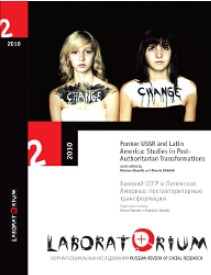PENSION REFORM IN ARGENTINA AND MOLDOVA: SEARCHING FOR NEW MEANINGS
PENSION REFORM IN ARGENTINA AND MOLDOVA: SEARCHING FOR NEW MEANINGS
Author(s): Elena Mascova, Roxana Eleta de FilippisSubject(s): Labor relations, Welfare systems, Comparative politics, Post-War period (1950 - 1989), Transformation Period (1990 - 2010), Socio-Economic Research
Published by: Центр независимых социологических исследований (ЦНСИ)
Keywords: Pension reform; Argentina; Moldova; Crisis of social protection systems;
Summary/Abstract: The 1980s and 1990s saw active debates worldwide on the need to reform public pension systems. In the context of changing demographic factors such as increasing life expectancy, falling birth rates, and decreasing economic growth, some started questioning the “fundamental normative and political assumptions underlying public pension arrangements” (Immergut and Anderson 2007). Pension systems have been classified into two types: social insurance, which involves a significant intergenerational transfer as the working-age population finances the pension payments of current retirees—the principle known as “pay-as-you-go” (PAYG)—and multipillar systems that combine a universal public pension scheme with occupationally-based or private individual alternatives to it (Bonoli and Shinkawa 2005). In multipillar countries, the PAYG instrument also exists, but the major pension benefits come from funded schemes (private or public).
Journal: Laboratorium. Журнал социальных исследований
- Issue Year: 2/2010
- Issue No: 2
- Page Range: 155-178
- Page Count: 24
- Language: English

